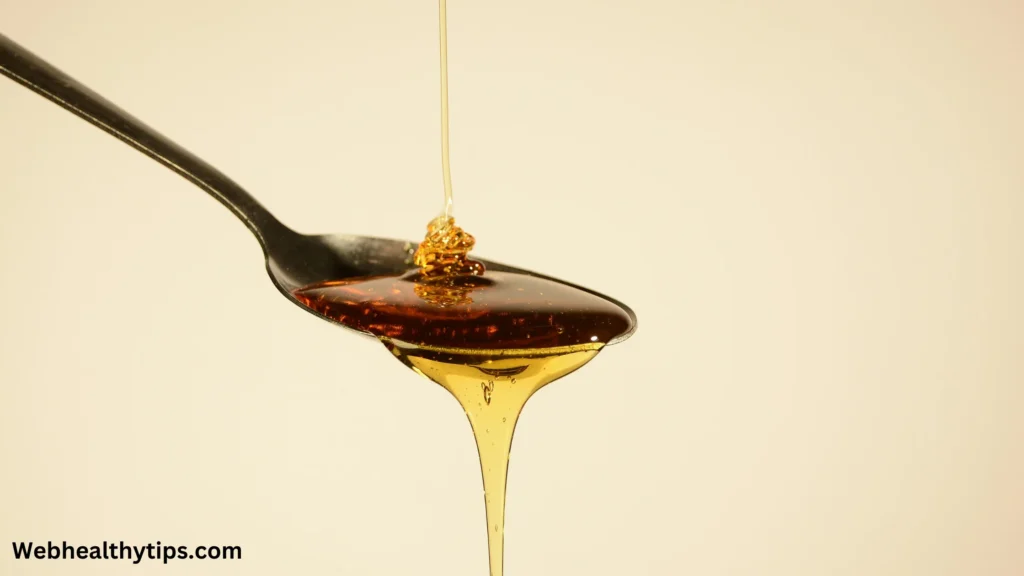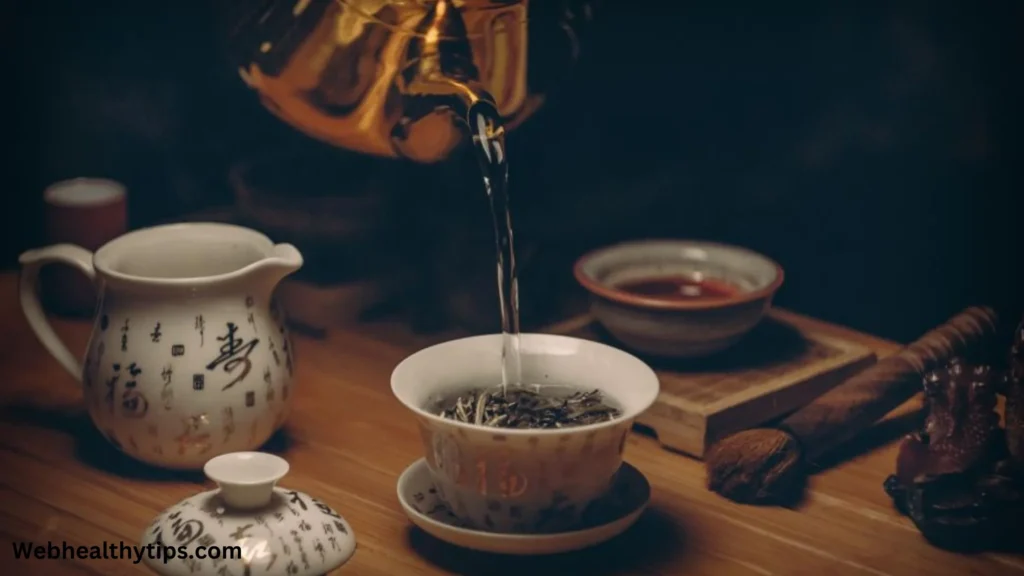While coughing is a normal reflex that helps remove foreign objects from the throat or airways, persistent coughing can be uncomfortable and unsettling. While cough drops are a common treatment for coughs, it’s just as vital to know how to avoid coughing in the first place. The top cough drops, all-natural cures, and tried-and-true cough prevention techniques are covered in this article.
Cough Drops: What Is It?

Medicated pills called cough drops, or throat lozenges, are intended to dissolve gradually in the mouth in order to ease coughing and soothe sore throats. These drops are frequently made with menthol, honey, or herbal extracts, which help coat the throat to reduce discomfort and suppress coughing.
Cough drops alleviate the symptoms of a cough, but they don’t address the underlying cause of the cough. However, they might be a helpful short-term remedy for symptoms of allergies, the cold, or dry air irritation.
How Function Cough Drops?
Cough drops function by inhibiting the reflex that causes coughing and focusing on throat irritation. The following are some ways that cough drops relieve pain, depending on what’s in them:

- Relieving sore throat: Glycerin and honey coat the throat, lessening the irritating feeling that may trigger a cough.
- Throat numbness: Certain cough drops contain anesthetics, such as menthol or benzocaine, which cause a momentary throat numbness and lessen the urge to cough.
- Inflammation reduction: Anti-inflammatory herbal extracts, such thyme or eucalyptus, can ease sore throats and reduce swelling.
Coughing may be lessened by these effects, particularly when it is brought on by upper respiratory infections or dry, bothersome coughs.
Typical Components of Cough Drops
Cough drops contain a wide range of active and inert substances, each with a unique function. The following are a few of the most typical components of cough drops:
- Menthol: A well-liked component that numbs the throat, helps open airways, and has a cooling effect.
- Honey: Well-known for its organic calming qualities, honey soothes and coats the throat.
- Eucalyptus Oil: Known for its decongestant and anti-inflammatory qualities, eucalyptus oil relieves coughing that is brought on by congestion.
- Herbal Extracts: To soothe sore throats and lessen inflammation, natural cough drops contain ingredients like marshmallow, licorice, and ginger roots.
- Zinc: Some cough drops have zinc in them, which may boost immunity and lessen cough or cold symptoms.
Together, these components relieve coughing and discomfort of the throat.
Sorts of Drops for Cough
There are several varieties of cough drops that are tailored to meet different needs:
- Cough Drops with Menthol
Drops with a menthol base provide a cooling effect and ease sore throats. For dry or itchy coughs, they work especially well. - Herbal Cough Drops with Honey
Frequently, natural components like honey, ginger, and eucalyptus are used to make these drops. They are perfect for those who have a sensitivity to a certain drug or who prefer natural therapies. - Nutritious Cough Drops
There are solutions without added sugar for those with diabetes or who simply prefer not to consume extra sugar. Typically, they include xylitol or sorbitol, artificial sweeteners. - Cough Drops with Tetractolin
Benzocaine and other anesthetic-containing cough drops are intended to numb the throat and relieve pain and coughing. For more severe sore throats, these are helpful.
The Greatest Cough Drops Available
The top cough drops that are generally accessible and highly suggested for efficient cough alleviation are as follows:
- Cough drops with herbs, Ricola Original
Ricola is well-known for its all-natural herbal concoction of sage, peppermint, and elder that together ease sore throats and stop coughing. - Menthol Cough Drops by Halls
Menthol, an ingredient in Halls cough drops, helps to quell coughs and provide instant cooling. For those who have irritation in their throat or cold symptoms, they work well. - Cepacol Lozenges Extra Strength
Because cepacol lozenges include benzocaine, they are the perfect choice for people who are coughing constantly or have significant throat pain. - Zarbee’s Naturals Cough Remedies with Honey
Zarbee’s cough soothers combine zinc, eucalyptus, and honey to relieve cough symptoms naturally—without the use of artificial ingredients.
How to Avoid Cough: Useful Advice
It may be simpler to avoid a cough than to treat one once it appears. The following useful advice will help you prevent coughing:

- Maintain Hydration
Water helps keep your throat wet, which lessens the chance of discomfort and coughing. Drinking enough water also thins mucus, which facilitates throat clearing. - Put a humidifier to use.
Coughing can be brought on by dry air irritation to the throat, particularly in the winter months. By adding moisture to the air in your home, a humidifier helps to relieve irritation and dry throats. - Steer clear of irritants
Coughing can be brought on by common environmental irritants such dust, smoke, and potent scents. Steer clear of these irritants and maintain a clean atmosphere if at all possible. - Raising Your Head to Sleep
If you experience acid reflux or post-nasal drip cough, sleeping with your head raised can help soothe your throat and keep you from coughing at night. - Consume a Healthful Diet
An immune-system-boosting diet high in fruits, vegetables, and antioxidants will help you become less vulnerable to infections that trigger coughing fits.
Home Remedies for Relief from Cough
Several natural cough relievers can be used at home in addition to cough drops:

- Warm water and honey
Honey and warm water or herbal tea can be used to soothe sore throats and reduce coughing. Honey is a tried-and-true treatment for coughing at night because of its inherent antibacterial qualities. - Ginger Tea Known for its anti-inflammatory qualities, ginger is an excellent cough treatment. To relieve sore throats and lessen coughing, boil fresh ginger slices in water and consume the resulting tea.
- Inhaling steam
Coughing and congestion can be lessened by inhaling steam from a hot shower or bowl of hot water, which helps dissolve mucus and open your airways. - Gargle in saltwater
A quick gargle with saltwater will ease inflammation in the throat and stop coughing. Gargle with a teaspoon of salt and warm water many times a day to relieve pain.
Modifications to Lifestyle to Avoid Coughing

Coughs can frequently be prevented over the long run by adopting lifestyle modifications that promote respiratory health:
- Give Up Smoking
One of the main causes of a persistent cough is smoking. Giving up smoking greatly lowers the chance of getting a chronic cough and lessens airway discomfort. - Continue to Practice Good Hygiene
Common colds and the flu are examples of viral diseases that frequently produce coughing. Frequently washing your hands can help stop the transmission of germs, especially during flu season. - Control Allergies
Coughing can be brought on by allergies, particularly if the allergen is pollen, dust mites, or pet dander. Cough symptoms can be lessened by determining your allergies and treating them with medicine or a change in lifestyle. - Exercise Frequently
Frequent exercise helps to enhance lung function and fortify the immune system. Additionally, exercise helps clear the lungs of extra mucus, which lessens the chance of coughing.
When to Consult a Physician for a Cough

Some coughs need to be treated by a doctor, but the majority are harmless and go away on their own. Consult a physician if:
- You’ve had a cough for more than three weeks.
- You experience nocturnal sweats, a fever, or inexplicable weight loss.
- Mucus that is greenish-yellow or contains blood is coughed up.
- You feel as though your chest hurts or your breath is short.
Lung infections, bronchitis, and asthma are among the underlying medical disorders that can cause persistent coughing.
In summary
Cough drops offer immediate relief from irritation of the throat and coughing, but the best course of action is to avoid getting a cough in the first place. By staying away from triggers, increasing your water intake, and using natural remedies like honey and ginger, you can lower your chance of developing a cough. Changes in lifestyle, such as giving up smoking and taking care of allergies, can also significantly reduce the likelihood of coughs. Don’t forget to see a doctor if your cough doesn’t go away to rule out any major health issues.


